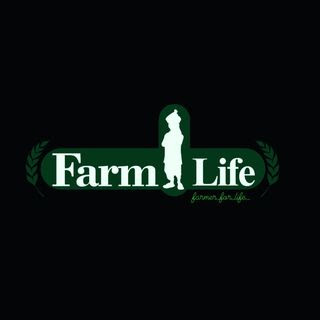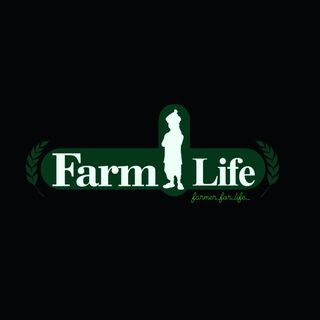Sustainable Farming Practices: A Guide to Cultivating Healthy Crops and a Healthy Planet.
Introduction:
As the world's population grows and the
demand for food increases, it's more important than ever to adopt sustainable
farming practices. Sustainable farming not only benefits the environment, but
also the farmers who rely on healthy soil and clean water to grow their crops.
In this guide, we'll explore some of the best sustainable farming practices and
how you can incorporate them into your own farming operations.
Section 1: Crop Rotation
One of the most basic sustainable farming practices is crop rotation. This involves rotating the crops you plant each year to prevent soil depletion and disease build-up. By rotating your crops, you can also reduce the need for chemical fertilizers and pesticides. Some common crop rotation methods include planting legumes to fix nitrogen in the soil, rotating between grain and cover crops, and using fallow periods to rest and regenerate the soil.
Section 2: Conservation Tillage
Another important sustainable farming
practice is conservation tillage. This involves minimizing soil disturbance and
leaving crop residue on the surface to protect the soil from erosion and
conserve moisture. Conservation tillage can also reduce the need for herbicides
and fertilizers, as the crop residue helps to suppress weeds and retain
nutrients in the soil.
Section 3: Integrated Pest Management
Integrated pest management (IPM) is a
sustainable farming practice that aims to reduce the use of chemical
pesticides. IPM involves monitoring pest populations and using a combination of
cultural, biological, and chemical control methods to manage pests. This can
include planting pest-resistant varieties of crops, using beneficial insects to
control pests, and using pheromone traps to monitor pest populations.
Section 4: Agroforestry
Agroforestry is a sustainable farming
practice that involves integrating trees and shrubs into farming operations.
Trees and shrubs can provide a range of benefits, including erosion control,
windbreaks, shade for livestock, and habitat for wildlife. They can also
provide additional income streams through the sale of timber, fruits, nuts, and
other products.
Section 5: Water Management
Water management is a critical aspect of
sustainable farming. By reducing water use and managing runoff, farmers can
conserve water resources and protect water quality. Some water management
practices include drip irrigation, soil moisture sensors, rainwater harvesting,
and contour farming.
Conclusion:
By adopting sustainable farming practices,
farmers can help protect the environment, conserve natural resources, and
maintain healthy soil and water resources. These practices can also lead to
more profitable and resilient farming operations. By implementing these
practices on your farm, you can contribute to a more sustainable and healthy
food system.

.jpg)






.jpg)
